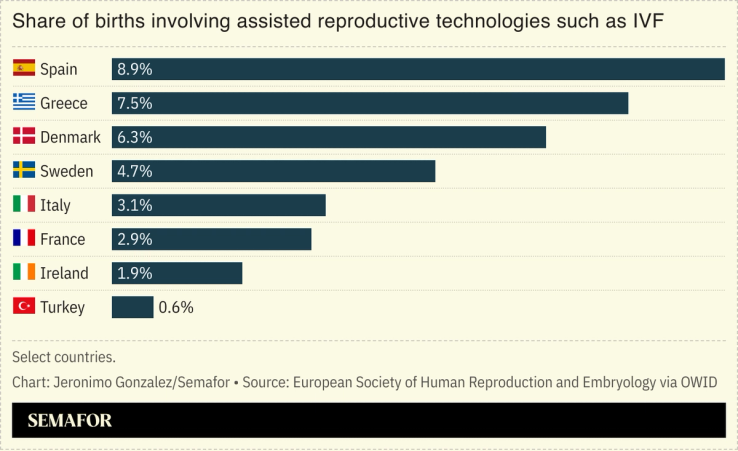The world’s first “three-parent babies” are living healthy lives, a landmark study found, potentially meaning an end to mothers passing some rare — but often fatal — diseases to their children.
Human cells are powered by tiny components called mitochondria, which have their own DNA, but when that is faulty, it can cause debilitating diseases.
Britain in 2015 began allowing mitochondrial donation, resulting in a pioneering IVF treatment whereby a couple’s genes are removed from a fertilized egg, leaving the defective DNA behind, and then injected into the egg of a healthy woman. Eight children have been born using the technique, and all are developing normally, although three had detectable levels of diseased mitochondria.


